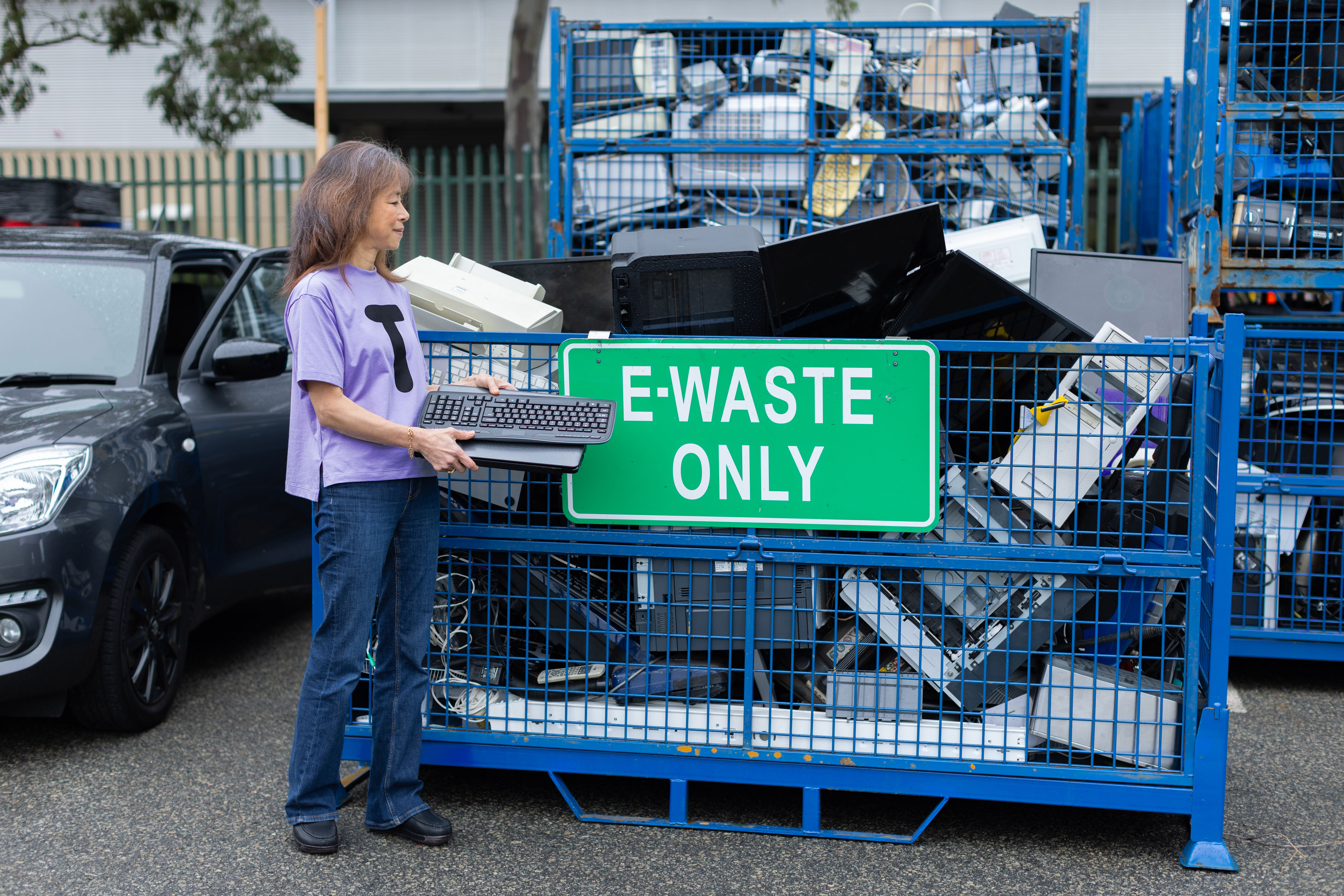Beginners composting: bokashi, worm farms and bins
Posted on: August 26, 2019
Home composting can be a great way to improve the quality of soil in your garden and keep organic waste out of landfill.
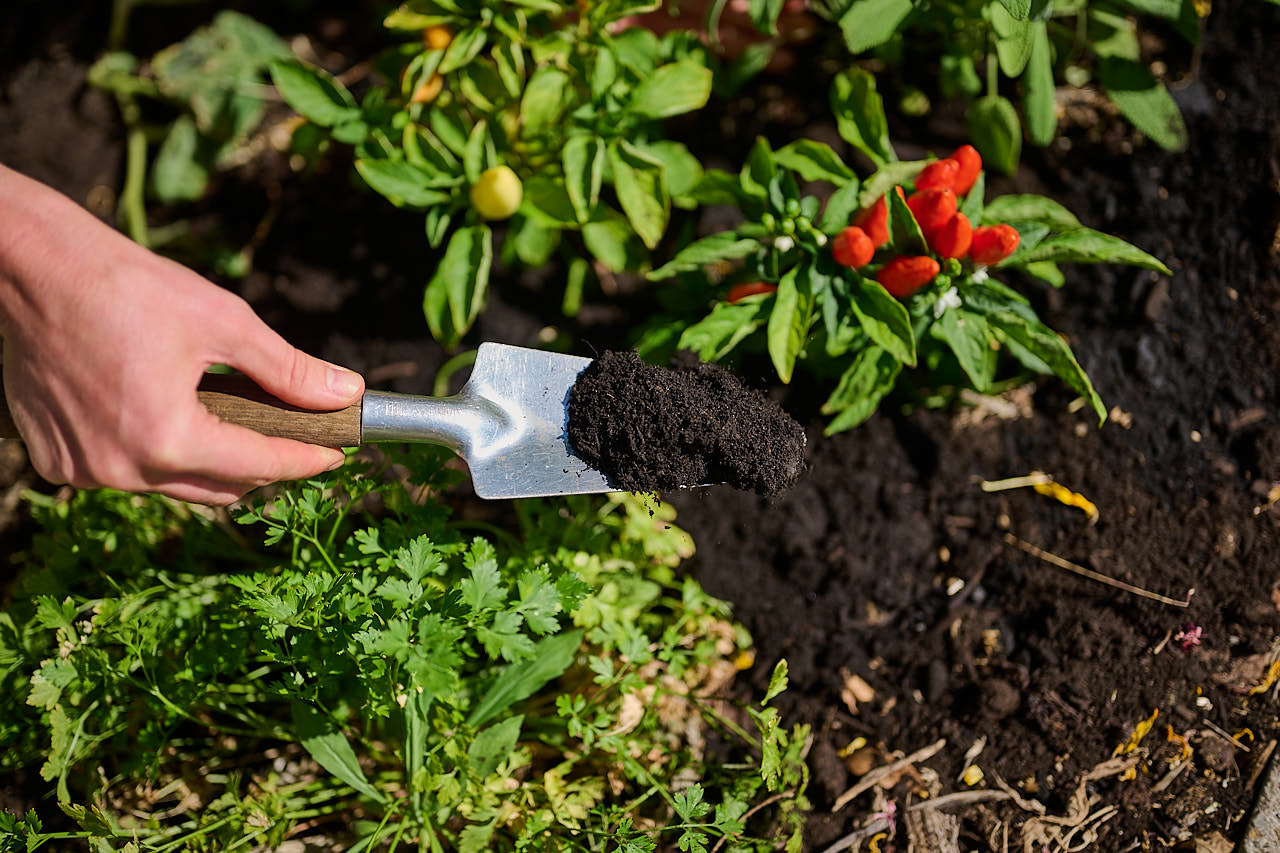
There are three main types of composting systems:
Composting
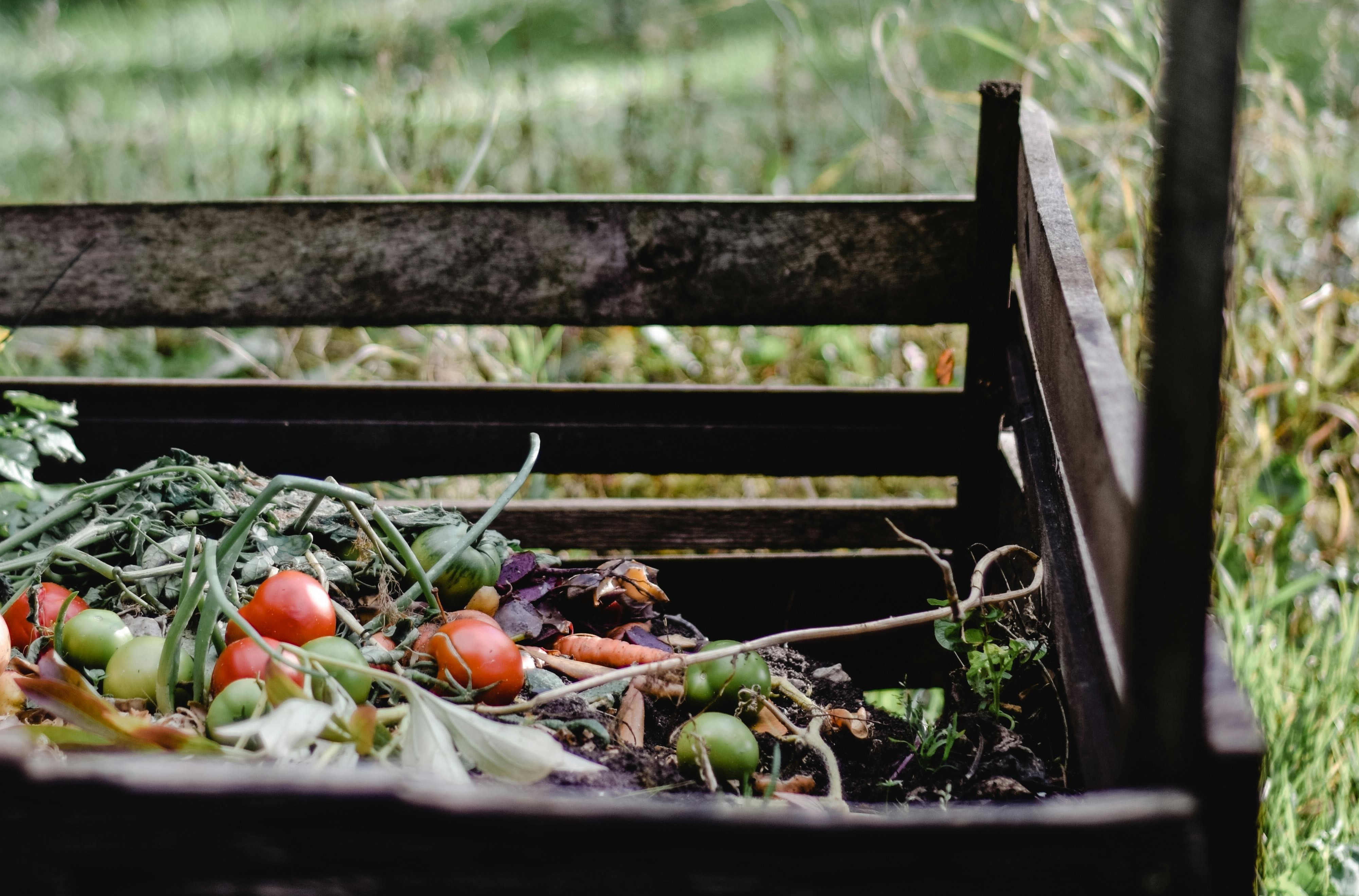
- This is a ‘hot’ system
- Best suited for households with a garden that has space for a compost bin or tumbler
- Requires less ongoing maintenance than other systems
- Good for large quantities, including garden waste
- It’s a slower system – taking up to 12 months before all the contents are sufficiently decomposed and ready to add to your garden
Suitable for:
- Fruit and veg scraps (including onions and citrus in moderation), tea leaves and bags, coffee grounds, cut flowers, lawn clippings, egg shells, paper and garden trimmings
Not suitable for:
- Meat, fish, bones, poultry or dairy. Cat or dog droppings are also big no-no’s.
Worm Farming
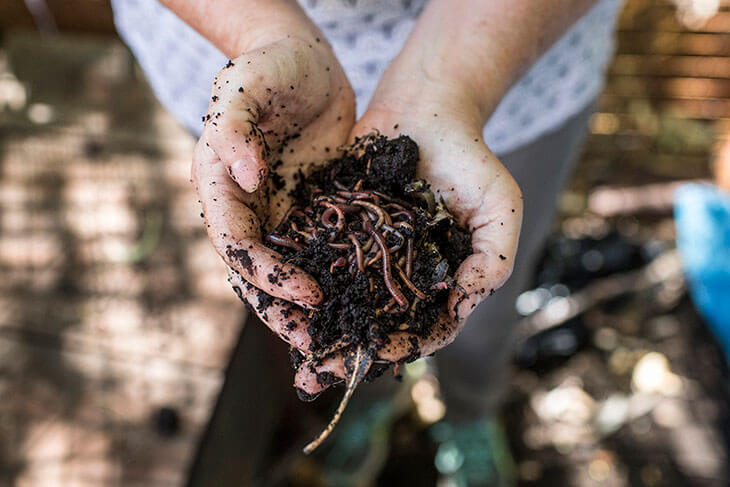
- This is a ‘cool’ system
- Best suited to households with a garden or balcony that produce small amount of kitchen scraps
- This system can only take smaller volumes; success is reliant on keeping the worms healthy
- The worms do all the work - they just need to be fed small amounts, regularly
- Need extra care during the hot summer months – don’t let your worms dry out or get cooked!
Suitable for:
- Most fruit and veg scraps (including citrus and onion in small quantities), teabags and coffee grounds, crushed eggshells, small amounts of bread or pasta, moist cardboard and newspaper, small amounts of old natural fibre textiles, such as cotton clothing.
Not suitable for:
- Garlic, large amounts of citrus or onion, chilli, dairy, citrus, meat, fish, oils, high nitrogen material like fresh lawn clippings and manure.
Bokashi
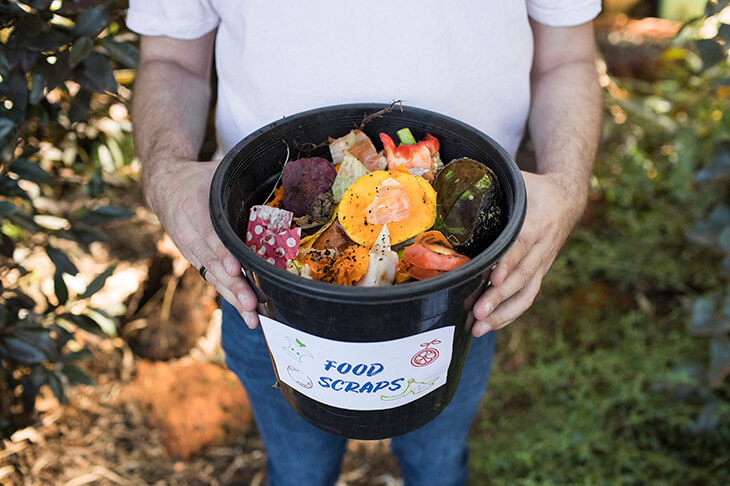
- This is a ‘fast’ system
- Best suited to apartments and houses without a big outside space. It can be used inside in your kitchen or laundry, but you do need somewhere to bury the end product
- Pickles the food waste to create ‘pre-compost’ which is then buried; can be used in tandem with a traditional compost system to speed up the process
- Only suitable for food scraps
- Requires use of specialist mix and regular maintenance
Suitable for:
- Fruit and veg scraps, tea leaves and bags, coffee grounds, prepared foods, dairy, eggs, bread, meat and fish (cooked and uncooked).
Not suitable for:






